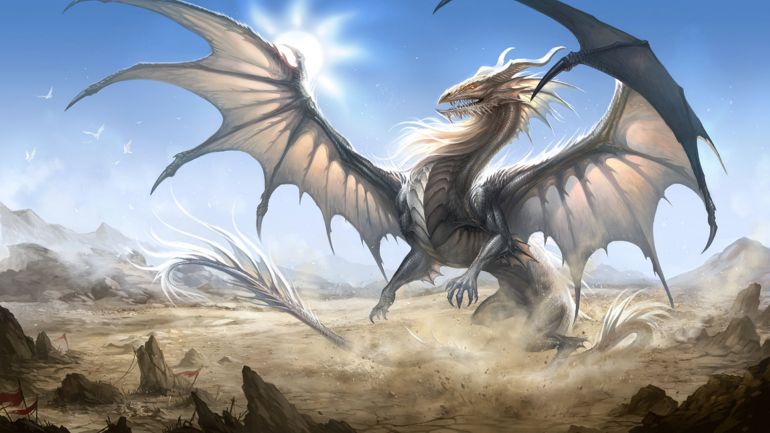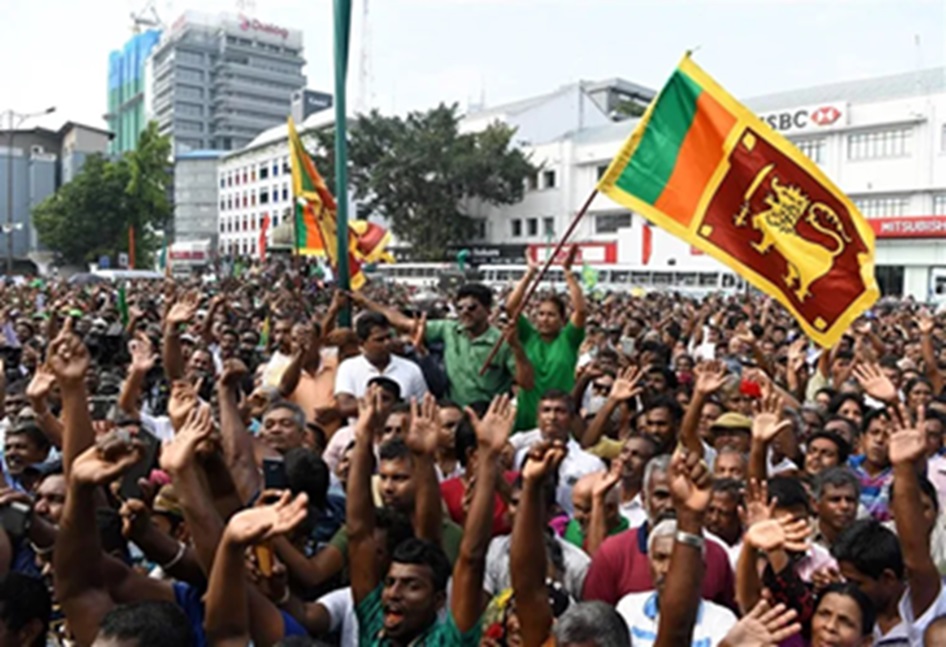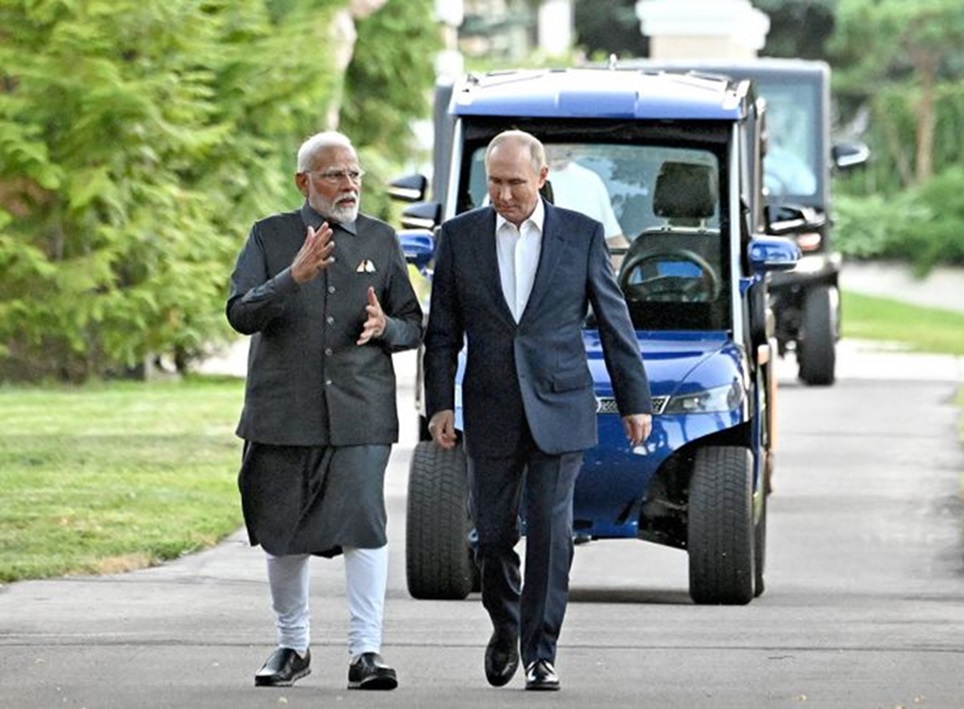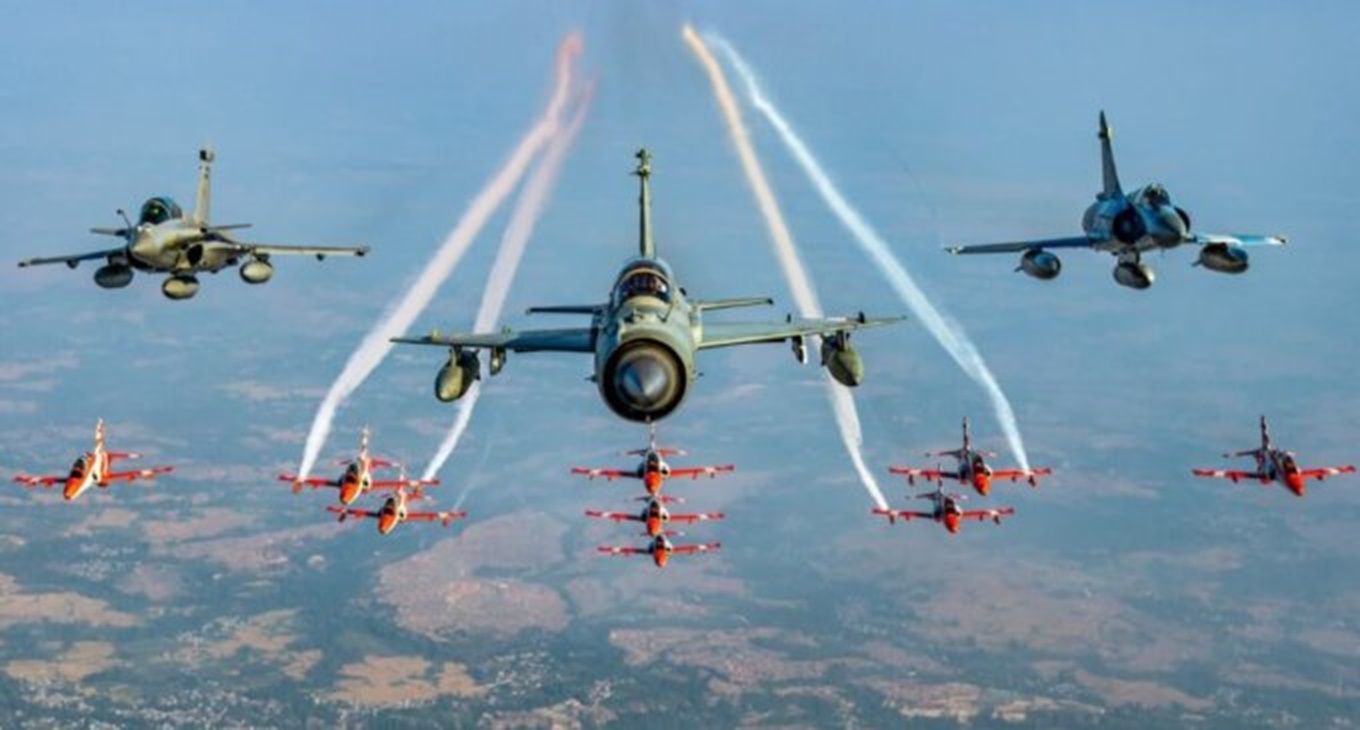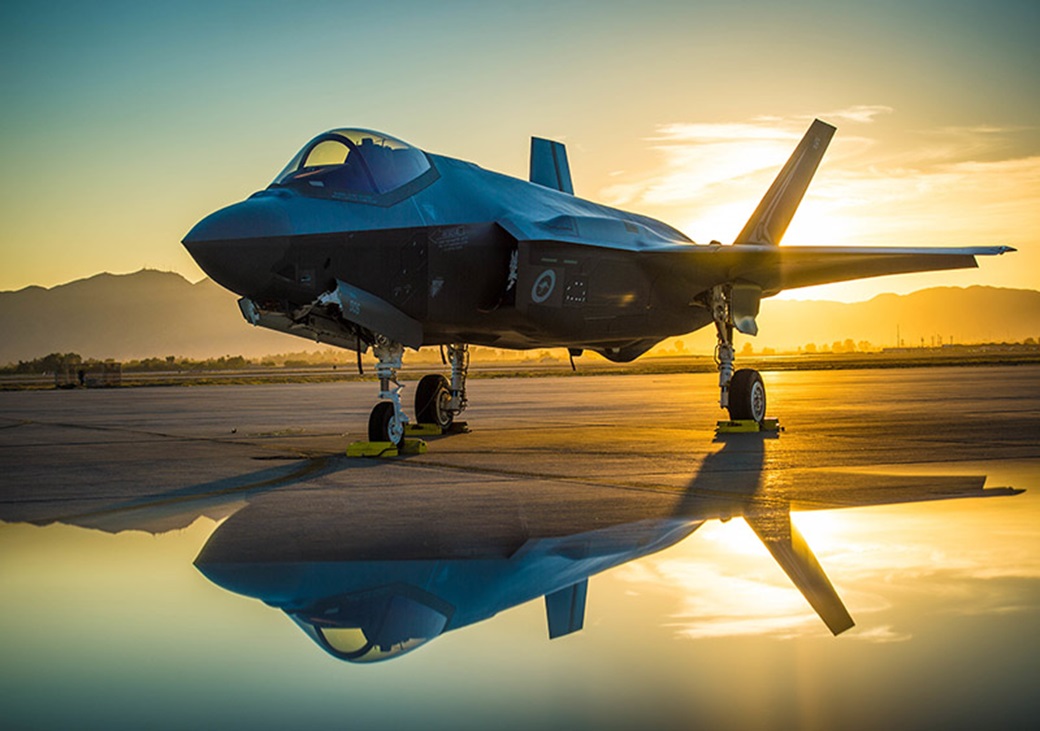Pliny is said to have lamented two thousand years ago that Roman woman wear their Chinese silks in such a way that there is nothing left for imagination! More so was the colossal amount of silver and gold that poured out of Rome and Athens into China for the goods that the population in Southern Europe adoringly imported from there. Of course, with the conquest of West Asia by the Mongols, the direction of flow of the bullion and silver changed a little initially but reverted back to heartland China when Kublai Khan established an empire that we know as China today.
History has a penchant for repeating itself. In so doing it appears to offer the peoples affected by it opportunities to draw lessons from its earlier cycles and correct their courses. Those nations that do manage to learn their lessons will go on to become empires. Those who don’t are, of course, condemned to repeat their past.
Silk Road reached Venice
No one seems to have studied the lessons of their history better than China. On 23rd March 2019, China signed a MoU (however non-binding it was made to sound) with Italy by which Italy agreed to join the Belt Road Initiative (BRI). The new Silk Road that China has been meticulously canvassing for in the past six years, gathering about 70 nations across Central & South Asia and Africa in its fold, has now formally reached Rome, once again after a thousand years.
Nations across the spectrum have been making noises about the debt-diplomacy that China has used to extend the reach of its BRI. With over 13 Trillion USD in its kitty, its pocket is indeed deep and it is but evident that the terms of offer of financial assistance are anything but tempting to cash-starved nations. Added to the lure of attractive development assistance, it is the anticipated development that serves as the major attraction.
Reviewing International Terms of Assistance
It is easier to fall prey to the temptation of China baiting on its debt-diplomacy. Instead, we must admit a simple fact that nations will act in their best national interest rather than purely in international community interest. China does so by offering terms of lending that appear attractive on two accounts: one, the financial or political stability of the seeker-country is not given the type of weightage that IMF, ADB or World Bank will put to scrutiny. Two, seeking assistance from China comes with other packages like techno giants/skilled labor from China which other international lending agencies cannot offer. Three, unlike other international lending agencies, China does not seem to worry about defaults in payments. We have Hambantota and Djibouti as glaring examples.
Therefore, it is perhaps time for international lending agencies to take a call on their lending terms and see whether the ‘ailing’ and needing nations could be extended assistance under more affordable terms to help realize their developmental goals. While doing so, it is also necessary to avoid playing into the hands of geopolitical compulsions that may again push nations to seek assistance from other softer privy purses. The agenda is not to counter China. It is to balance an approach that will help nations to work together to achieve goals that create economic opportunities and prosperity in their own lands.
China may go ahead and realize its BRI objectives with or without interference from other big players in the arena. That China does so is not necessarily a cause for concern if the community of nations along its way take their calls for cooperation on BRI after due consideration of their longtime national interests. The political leaders in those countries should avoid joining the bandwagon for immediate political or even personal gains.
Featured title image courtesy: https://www.realmofhistory.com/

